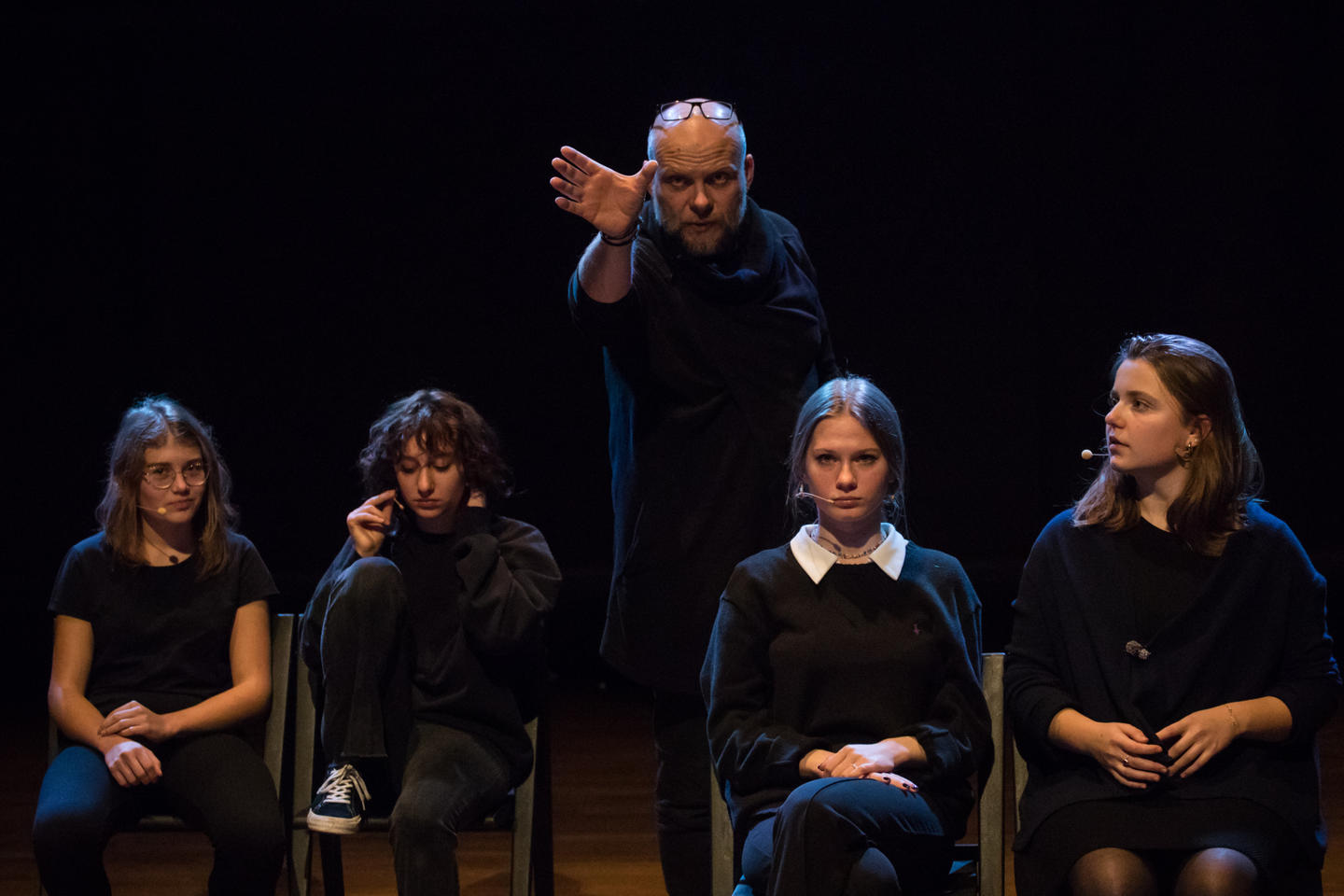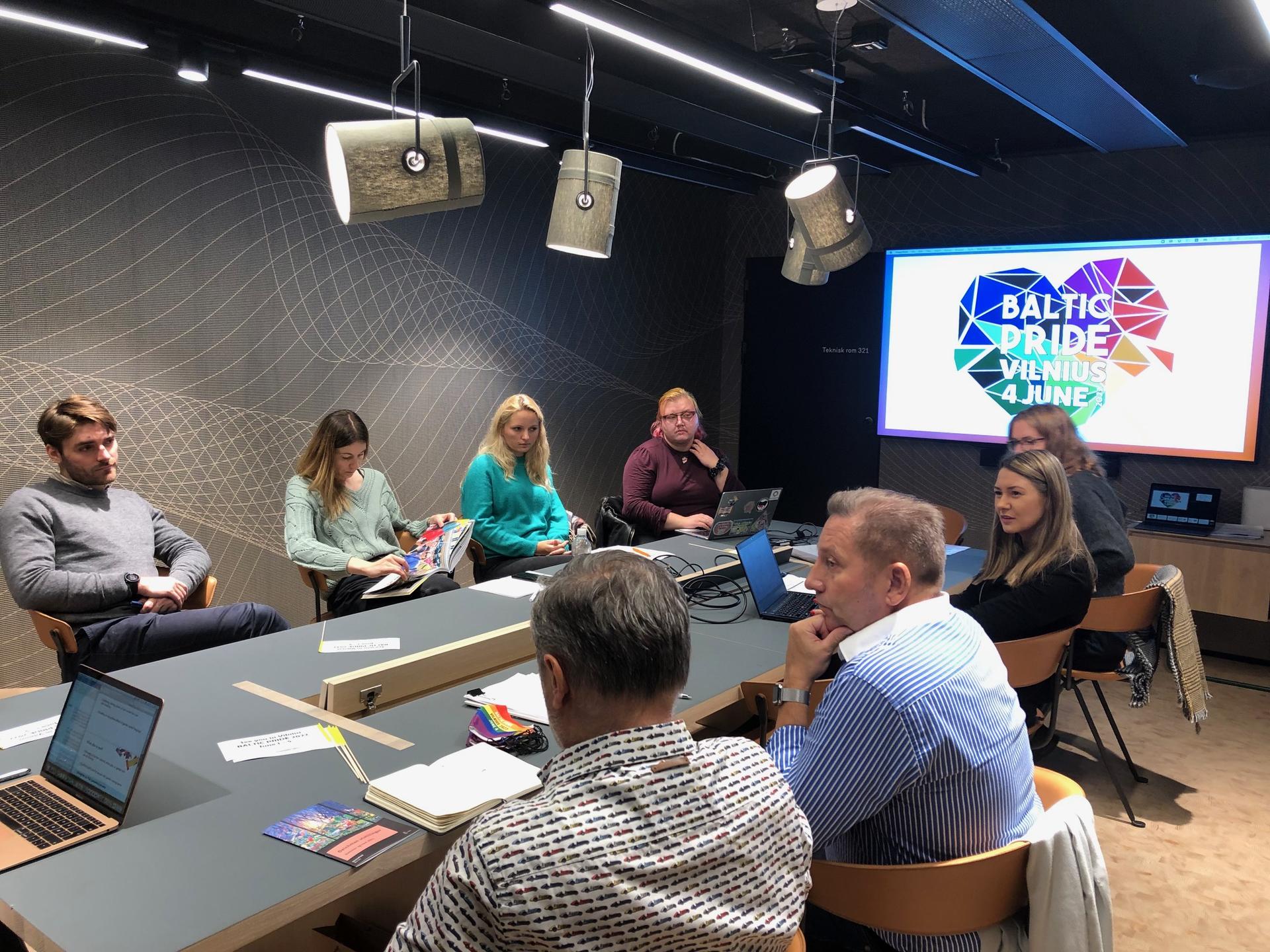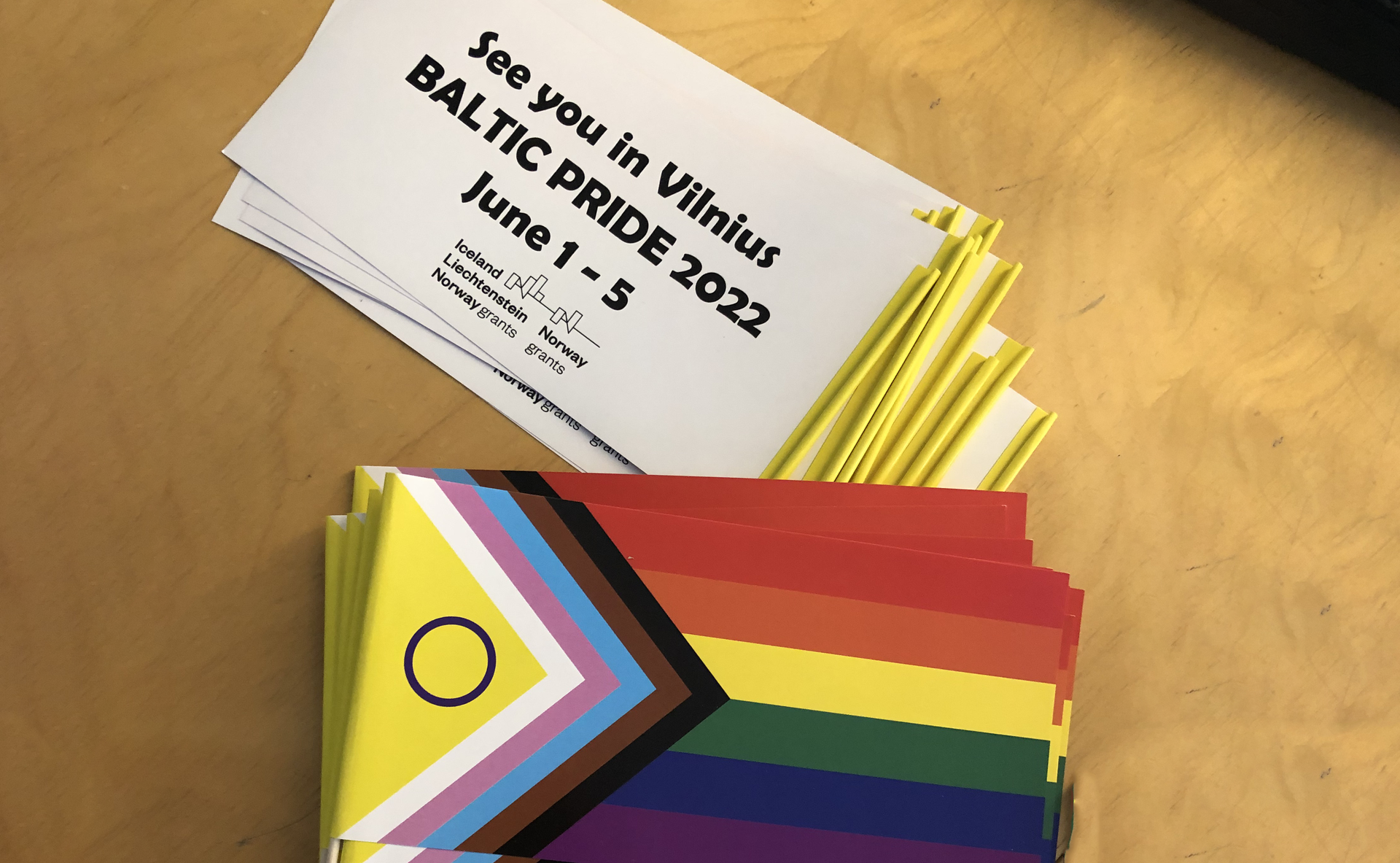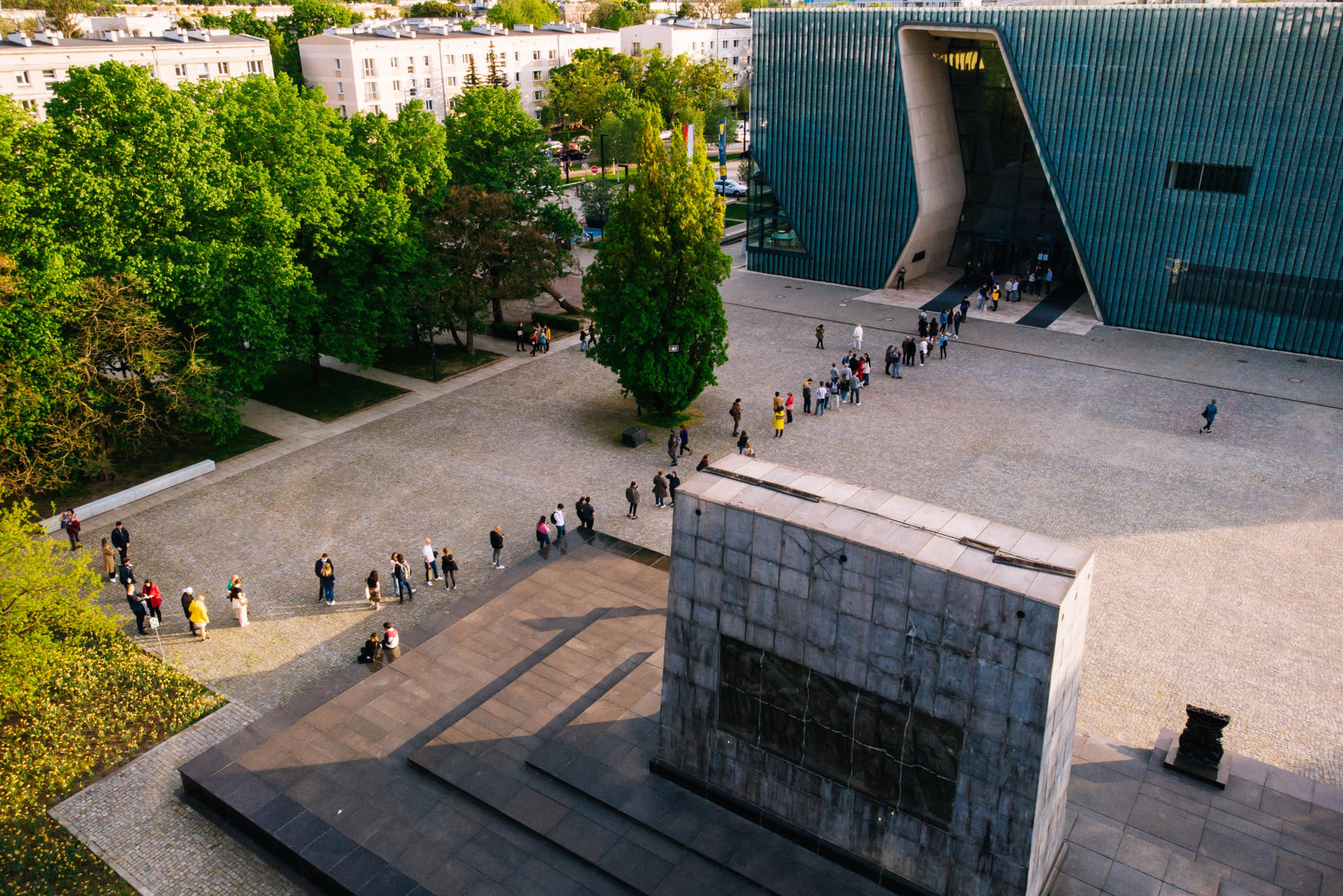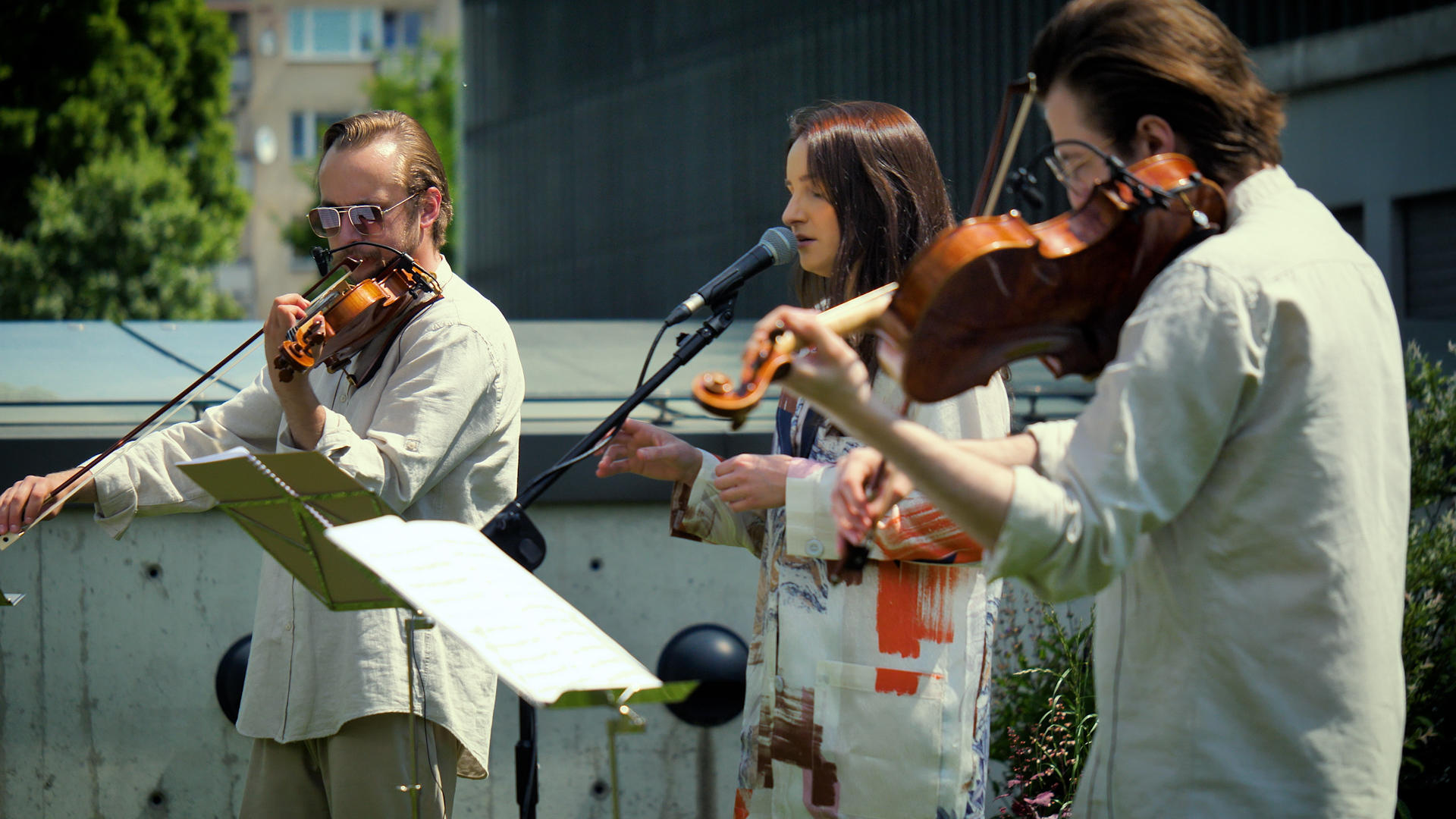The EEA and Norway Grants strongly believe that structural and strategic collaboration can help us discover new perspectives and explore better solutions. That’s why strengthening cooperation and building partnerships between the Beneficiary and Donor States is one of our main goals. But what kind of projects does this work for? How does it help them move forward? And what does that look like in practice? Discover these three projects that are built on partnerships.
Joining hands for the environment
Many of the challenges we face in Europe often extend across national borders. To find better solutions, pooling our skills, resources and know-how is therefore only logical. Energy supply is one of the common areas where this particularly applies. With climate change affecting the whole world, the demand for green sustainable energy is on the rise. But current market solutions are often expensive, difficult to implement, or designed for industrial scale. So what can we do to start the change?
The Estonian company Roofit.solar took up this challenge, by integrating solar panels and roofs. Their roofing looks ordinary but actually produces solar electricity. Because the panels are suitable for every kind of building, it’s a potential solution for anyone who wants to become greener and produce their own energy.
Greenifying Europe’s roofs
To make these solar roofs more affordable and accessible, the company teamed up with Norwegian partner Søran AS, in a new project called Green ICT. Together, the companies aim to expand production, attract new investors and develop two new and unique solar roofing materials needed to match the growing demand. . ‘Thanks to the new solar metal roof planning software, we can make the whole process more efficient. By 2025 there will probably be at least 10 000 of our metal solar roofs around the world,’ says Andri Jagomägi, CEO of Roofit.solar.
The partnership between the Estonian and Norwegian companies will boost production and help them take a step forward. ‘There is always a need for new contacts and partners with whom to conquer new markets. It is good if a partner who knows the peculiarities of the local market can help,’ says Tanel Tomson, Head of External Co-operation at the Ministry of Economic Affairs and Communications.
Which is exactly why this is such a good match, says Helen, the Green ICT project manager: ‘It is quite difficult to calculate and design the metal solar roofs, but we will create software that enables us to automate our production. This company has the competencies and experience relevant to these developments and challenges.’
Learn more about roofit.solar
Creating a cross border network for broader acceptance
Roofit.solar shows that collaboration can play a crucial role when it comes to smart and sustainable growth. Collaboration can also have a major impact in other areas. Inclusive dialogue, for example, offers an excellent opportunity to learn from each other, build strong networks, and even influence policies.
And that’s exactly what’s needed to mainstream the LGBTIQ discourse, says the National LGBT Rights Association LGL in Lithuania. Together with the Latvian organisation Mozaika, the Estonian LGBT Association, and the Norwegian Oslo Pride, they organised the Baltic Pride festival. Their 2019 Baltic Pride Festival was an unprecedented success. ‘I strongly believe that protection of human rights, including LGBT rights, is imperative for our collective sustainable development and the welfare of our societies,’ said H.E Karsten Klepsvik, Ambassador of Norway to Lithuania, quoted in the 2019 Baltic Pride Journal.
Mainstreaming equal opportunities
To ensure equal opportunities in all areas of life, and to reflect the needs of socially vulnerable groups, it is essential to involve multiple representatives of the community. That’s why LGL kickstarted a new bilateral initiative between Norwegian and Lithuanian partners, forming a broad network of municipalities, socially responsible businesses, and civil society organisations.
In October 2021, LGL started building the network through a study visit for representatives of the national LGBT organisation, Vilnius municipality, Oslo municipality and Lithuanian Diversity Charter Association. The group met with representatives of Oslo Pride, the Norwegian Helsinki Committee, and FRI and Skeiv Ungdom – the Norwegian LGBTIQ organisations, to name a few.
The visit was the first step in this project, which will culminate with Baltic Pride 2022 in Vilnius. In the next half a year, multiple activities will increase knowledge and understanding, mainstream equal opportunities and foster supportive relations with the LGBTIQ communities in the Baltic states. Next to these activities and events, the partners also share best practices for further use. The planned results of the project will have a direct and lasting impact on the cooperation between partners in the Beneficiary State and the Donor States.
According to Vladimir Simonko, Executive Director of the National LGBT Rights Organization LGL, it’s already making a world of difference for the community: ‘Sometimes the snowball effect can be created by one brave and determined person, organisation or company. With the support of Vilnius and Oslo municipalities, businesses represented by Lithuanian Diversity Charter Association and Norwegian NGOs we hope to achieve a breakthrough in mainstreaming equal opportunities in Vilnius under the framework of the Baltic Pride 2022 festival.’
Learn more about this initiative, its partnerships and activities here.
Increasing awareness of our shared history (and future)
Forming a strong network allows us to connect across borders, and discover that we have more in common than we often think. By looking at a situation from someone else’s viewpoint, we can broaden our perspectives and gain a better understanding of the world – and the people – around us. And that will increase tolerance and acceptance in Europe, according to the people behind the third project in our spotlight.
They believe that our shared heritage can bring people together, and to do so, they started the Jewish Cultural Heritage project at the Polin museum in Poland. This educational project is developed in a transnational partnership with the Polish Centre for Studies of Holocaust and Religious Minorities and partners from Norway: the Falstad Centre, the European Wergeland Centre, and the Jewish museums in Oslo and Trondheim.
Celebrating Europe’s Jewish Heritage
Jewish heritage is an integral part of European history, and therefore an important building block for our shared future. That’s the basis of the Jewish Cultural Heritage project. The main idea is that exposure to the rich and dramatic history of Polish Jews provides more than knowledge. It teaches us respect for people from different ethnic and religious backgrounds, strengthens the resolve to fight xenophobia, and prepares young people for life in a diverse society.
‘Promoting cultural dialogue and understanding is becoming increasingly important in a multicultural Europe,’ says Karsten Klepsvik, Ambassador of Norway to Poland in the project report. ‘It creates awareness of cultural diversity and strengthens citizens’ cultural identity. It shows us what can be achieved when cultures meet and inspire one another. It also promotes the fundamental European values of democracy, tolerance and anti-discrimination.’
Through the programme, the partners create an international network and platform for the protection and popularisation of Jewish heritage and intercultural education in Poland, Norway and other European countries. The main goals are to recover and transmit the legacy of Polish Jews through educational and cultural activities.
And they have not wasted any time: within 3,5 years, there have been over 3700 events, including conferences, lectures, workshops, urban actions, student exchanges, artist residencies, temporary exhibitions, and a travelling exhibition. The project attracted an audience of nearly half a million, with over 5,6 million sessions on web portals.
‘We hope that by taking part in our programme participants have gained vital knowledge about Jewish heritage and history and changed their attitudes,’ says Dariusz Stola, Director of the Polin Museum.
‘Jewish heritage has for centuries informed European culture and art. This long history of cooperation and tolerance has been marked by some dark chapters,’ says Karsten Klepsvik. ‘I am happy that my country is helping to disseminate knowledge of Polish-Jewish history among a broad audience.’
Do you want to learn more about this project? Visit the project website.
Would you like to know more about our initiatives to encourage bilateral cooperation? Discover the funding opportunities for strengthening bilateral relations, or learn more about our partnership opportunities.
